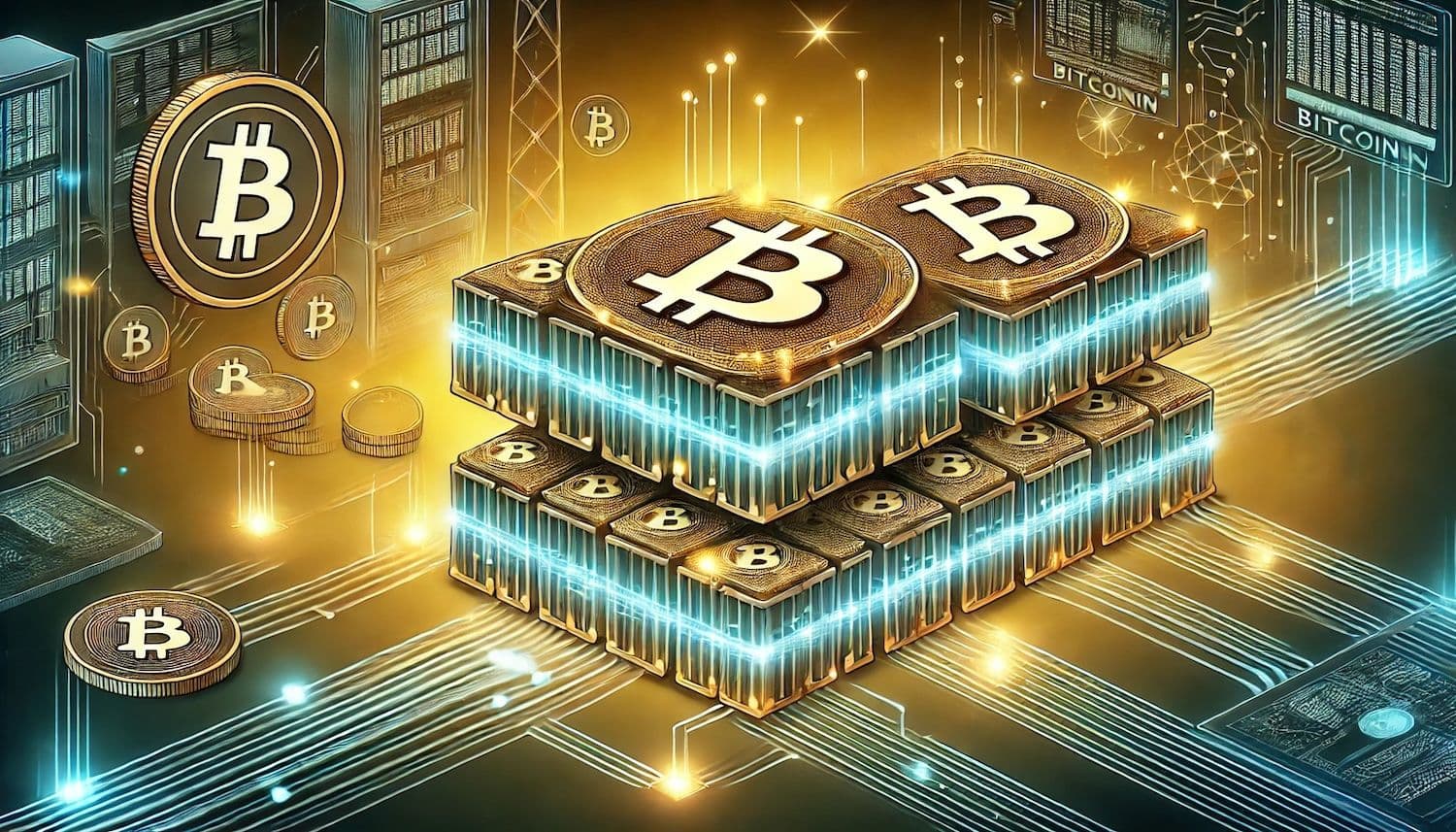Layer-2 is commonly seen by many users as an integral aspect of the Ethereum ecosystem. The increasing number of new projects based on alternative blockchains, however, is about to put an end to this misconception. As an example, Bitcoin Layer-2 solutions are improving rapidly.
In the realm of new protocols, PlutoChain is making waves as a potential Bitcoin Layer-2 replacement. By adding smart contract functionality to the network, the protocol hopes to solve Bitcoin's long-standing limitations. This new feature has the ability to level the playing field between Bitcoin and rival blockchains such as Ethereum in terms of practicality.
Scalability and transaction costs are two issues that have plagued the Bitcoin network for a long time. PlutoChain aims to address these with its hybrid Layer-2 design. A number of industries, such as decentralized finance, non-fungible tokens, and AI applications, have benefited from the protocol's ability to facilitate the development of decentralized applications built directly on Bitcoin. Because it is compatible with the Ethereum Virtual Machine, projects built on Ethereum can be moved to the Bitcoin network.
The infrastructure of PlutoChain places a strong emphasis on security. German blockchain security firm SolidProof, which focuses on verifying smart contracts, has conducted a thorough audit of the protocol. Structured and static analyses, code reviews, and gas consumption evaluations were all part of their comprehensive evaluation.
By using a decentralized governance model, the protocol gives power back to the users. Change proposals are reviewed and voted on by the community in the official Discord channel. Community involvement in the protocol's development and open decision-making are goals of this governance structure.
A whitepaper outlining the protocol's architectural design and operational framework is available as technical documentation for the project.
A major step forward in Bitcoin's technological development is the release of PlutoChain. The protocol has the ability to increase Bitcoin's use beyond its original function as a store of value by fixing its underlying problems while keeping security standards intact.
There will likely be regulatory shifts in the US cryptocurrency market around the time PlutoChain launches. Market players may pay more attention to projects centred on technical infrastructure development as the industry gets ready for possible policy changes.



